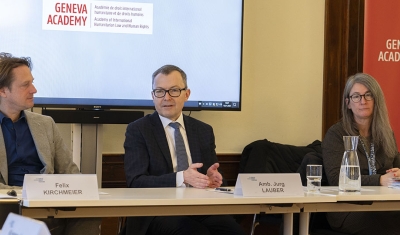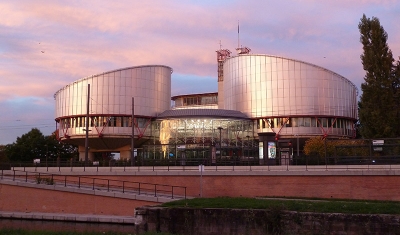Beyond the International Committee of the Red Cross (ICRC), international humanitarian law (IHL) lacks mechanisms to effectively ensure its own compliance. Such structural flaw of its system prompted a general recourse to the better-equipped human rights machinery, even if the opportuneness of this tendency has long been – and remains – debated in both intergovernmental and scholarly forums.
If some human rights mechanisms provide unique opportunities for victims affected by armed conflict (such as individual complaints before universal and regional treaty bodies), others remain criticized for being inherently political, too slow to deal with violations, or disconnected from the realities of conflict, thus antagonizing important military stakeholders.
This research project – carried out by Emilie Max – examined how IHL could be more systematically, appropriately, and correctly dealt with by the human rights mechanisms emanating from the UN Charter, as well as from universal and regional treaties.















